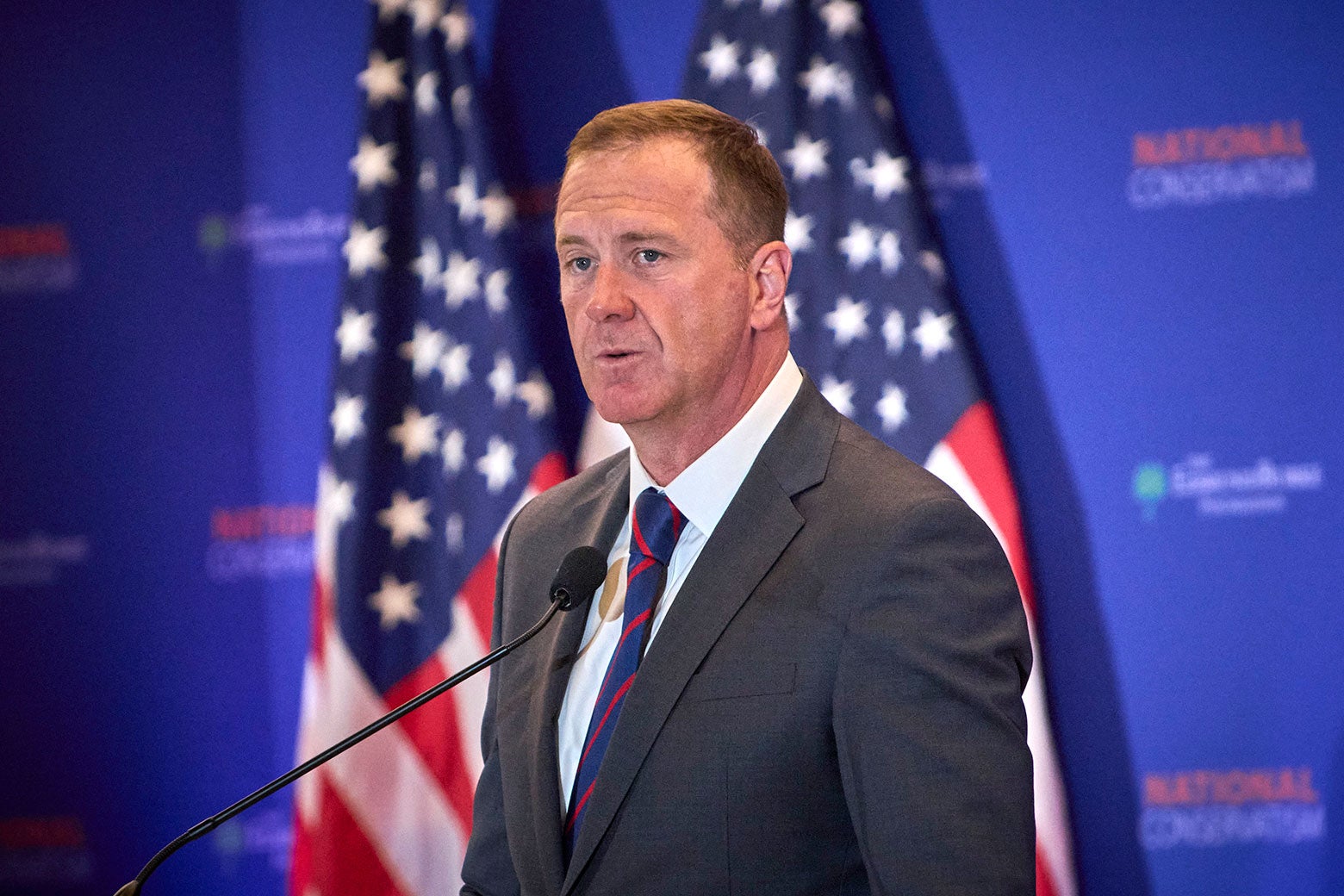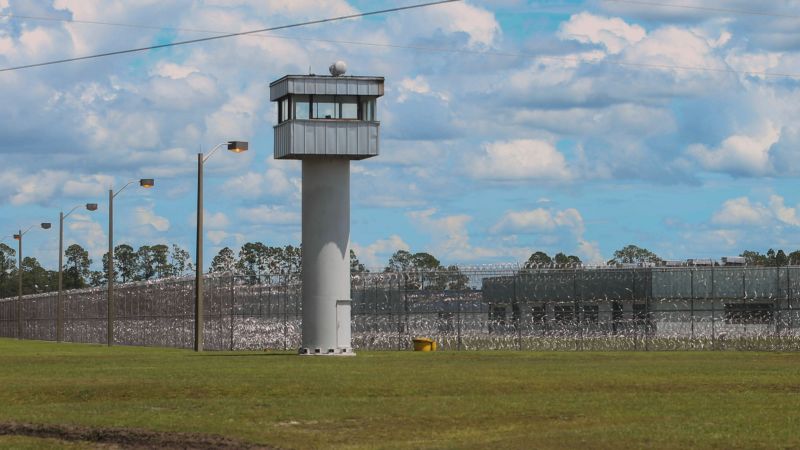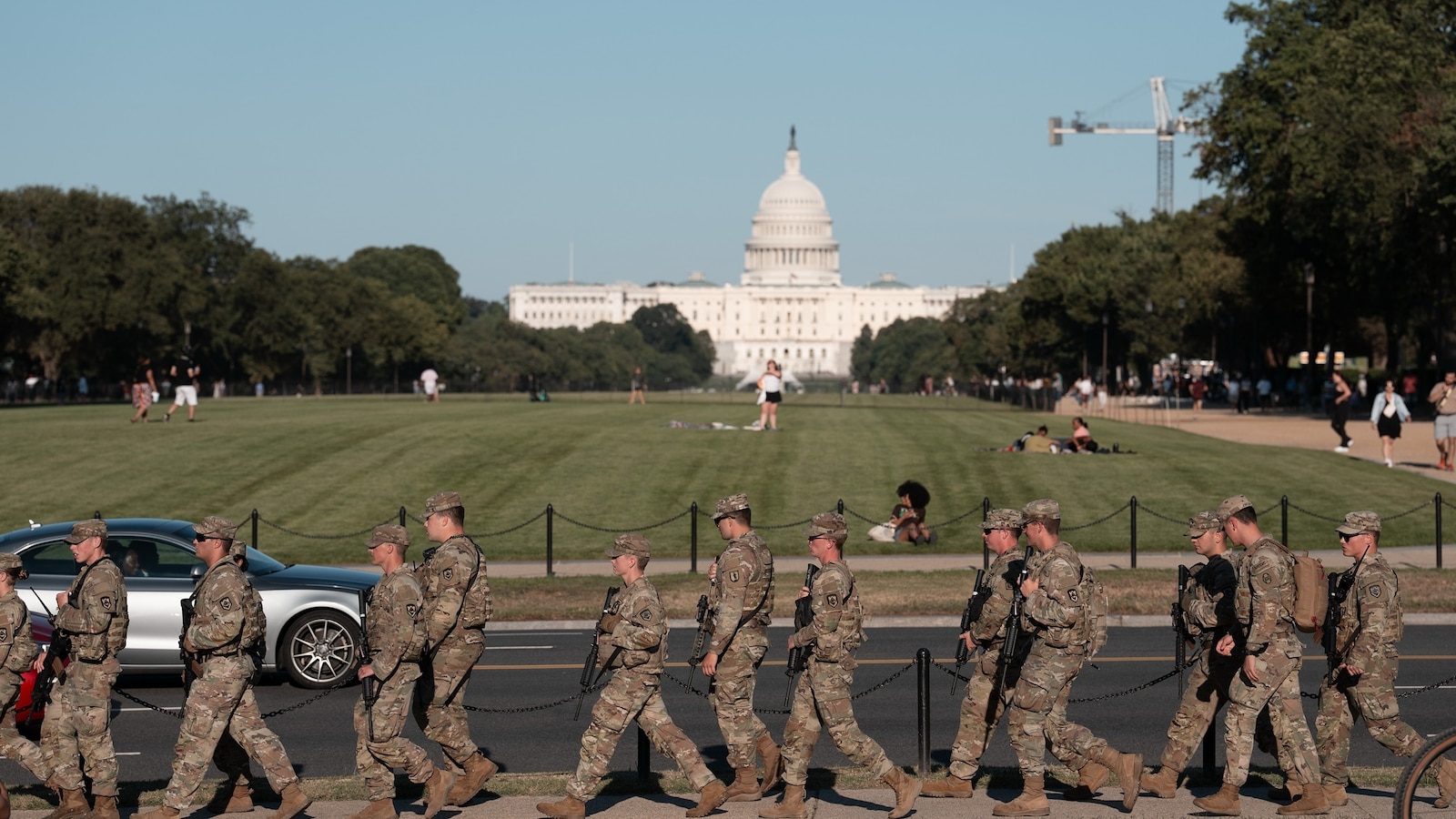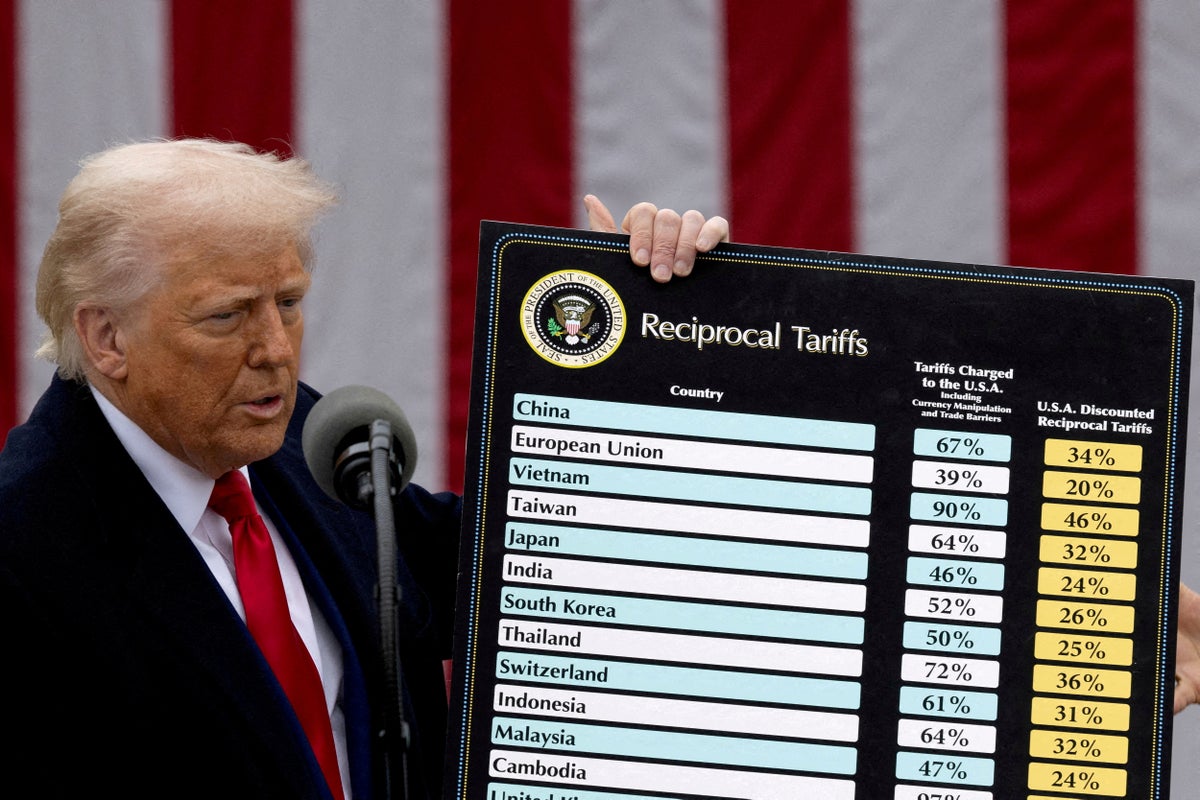America, he says, isn’t an idea—and isn’t for everyone.
A Sitting Senator Just Went Full Mask-Off White Nationalist
On Nov. 19, 1863, Abraham Lincoln delivered one of the greatest speeches in American history, the Gettysburg Address. It opened “Four score and seven years ago our fathers brought forth, on this continent, a new nation, conceived in Liberty, and dedicated to the proposition that all men are created equal.”
On Tuesday, Eric Schmitt, the junior senator from Missouri, declared that Lincoln was wrong.
“What is an American?” This was the question Schmitt posed at the fifth annual National Conservatism Conference in Washington. His answer is that the nation is fundamentally not based on the idea of equality or freedom or any other ideal. Nor is it accessible to people of all races and religions. It is fundamentally, he told an assembled crowd, a white homeland.
The white Europeans who settled America and conquered the West “believed they were forging a nation—a homeland for themselves and their descendants,” he said. “They fought, they bled, they struggled, they died for us. They built this country for us. America, in all its glory, is their gift to us, handed down across the generations. It belongs to us. It’s our birthright, our heritage, our destiny. If America is everything and everyone, then it is nothing and no one at all. But we know that’s not true. America is not a ‘universal nation.’ ”
The implications of this vision are serious. This is a repudiation of our Constitution and the core of a national identity that includes all its citizens. It means that to be American is not about citizenship at all. “What is an American?” Schmitt asked. It is a white person. America is a white homeland that organically binds together white people of the past, present and future. And its policies must be guided for their benefit if they are to succeed.
“A strong, sovereign nation—not just an idea but a home, belonging to a people bound together by a common past and a shared destiny.”
Schmitt makes clear that the problem of immigration is not that people violate the rules or that the rules are not enforced. It is about immigration per se, about non-Europeans stealing the birthright of the descendants of America’s original white Christian settlers. This includes German settlers like Schmitt’s ancestors, a group at one time considered nonwhite, but not the Black slaves who built much of the country and whose roots here largely predate his own, nor countless other ethnic groups who have made significant contributions to this nation.
“We Americans are the sons and daughters of the Christian pilgrims that poured out from Europe’s shores to baptize a new world in their ancient faith,” he said. “Our ancestors were driven here by destiny, possessed by urgent and fiery conviction, by burning belief, devoted to their cause and their God.” Their idol, he declares, is Andrew Jackson. “Their trust was in the Lord,” but their cause was not necessarily more righteous. They destroyed the Native Americans, he claims, because they were superior in strength and perseverance. This is a fascist vision of natural selection favoring the group with racial and cultural superiority.
Make no mistake. This is a revolt against Lincoln, a revolt against the idea of a nation built on the proposition that all men are created equal. “America is not just an abstract proposition,” he repeats over and over, clearly referencing Lincoln. The left, he asserts, is “turning the American tradition into a deracinated ideological creed,” an idea literally stripped of its racial foundation. It is stealing the country from the “real American nation”: the pilgrims, the pioneers and the settlers who “repelled wave after wave of Indian war band attacks” to build this country. “It belongs to us. It’s our birthright, our heritage, our destiny.”
Nonwhite people do appear in his vision, but only as the usurpers of our white nation and its resources. They are the “Indians,” whom he portrays as savages who succumbed to the superior ability of their white destroyers. They are Barack Obama and his supporters, who scorned the white patriots for remembering a country “that once belonged to them.” They are the people tearing down Confederate statues and removing Confederate names from buildings, streets, and forts, turning “yesterday’s heroes into today’s villains.” They are the people behind the “George Floyd riots,” as he describes them, “anarchists [who] looted and defaced and tore down statues and monuments all across the country.”
Here, it is quite clear who constitutes “us” and “them” in this Manichaean vision of the American nation. “When they tear down our statues and monuments, mock our history, and insult our traditions, they’re attacking our future as well as our past,” he said. “But America does not belong to them. It belongs to us. It’s our home. It’s a heritage entrusted to us by our ancestors. It’s a way of life that is ours, and only ours, and if we disappear, then America, too, will cease to exist.”
Even Christianity itself is eclipsed here. Christianity is meaningful only as a marker of the whiteness of the people who embody it. There is no gratitude here, except for the white founders who bequeathed this nation to their biological descendants by achieving its manifest destiny and taking it. There is no obligation here. No grace. No Christian mercy. No reckoning with past crimes, and particularly not with the dispossession of Native Americans or the enslavement of Africans, both of which are literally celebrated.
That conference—despite the protestations of its founder, the Israeli scholar Yoram Hazony—has been promoting blood-and-soil nationalism since its first iteration in 2019. That year, University of Pennsylvania Law professor Amy Wax argued, “Our country would be better off with more whites and fewer nonwhites.” She worried about our “legacy” population, white Americans, being overrun by nonwhite immigrants who, she said, innately lacked the capacity to adapt to Western culture.
In 2024 the senior senator from Missouri, Josh Hawley, gave the keynote speech at the conference. Hawley celebrated Christian nationalism as the core idea animating America. He warned against “cosmopolitans” and “globalists,” both famous tropes for Jews, threatening our country.
This year, Schmitt, a sitting senator, outdid them both. Schmitt opened by reiterating the antisemitic tropes of his senior colleague. America is threatened by the “elites,” he declared, “who rule everywhere but are not truly from anywhere.” This is the “rootless cosmopolitan” trope at the heart of modern antisemitism. They serve “global liberalism” and “global capital” and support mass migration, he continued, a nod to the “great replacement” theory, which blames Jews for replacing white Americans with nonwhite immigrants.
Though he repeats his predecessor’s implicit antisemitism, he went even further with his explicit advocacy of the U.S. as a white homeland.
This speech, and this conference, demonstrates once again that the MAGA coalition’s endgame is about not just fighting illegal immigration, affirmative action, and “DEI.” It is about not just the alleged destruction of nonracial civic nationalism by liberals and their proactive efforts to achieve equity. It is ultimately about a white (Christian) nationalist vision of America that claims ownership of power and resources for white (Christian) Americans alone. All others are here on sufferance and must remember their place as such.
That a sitting U.S. senator should make such a speech without shame or pushback by his party highlights the extent to which it represents where that party now stands.









